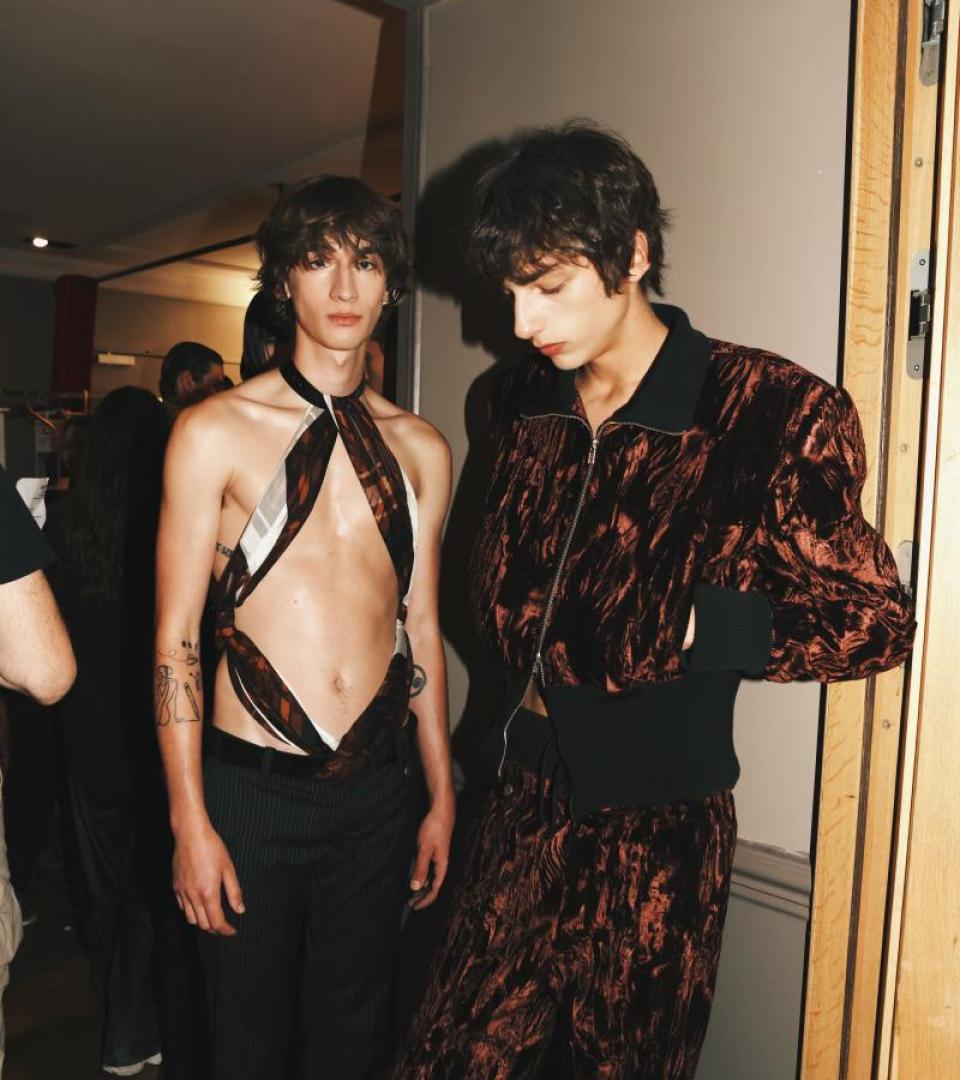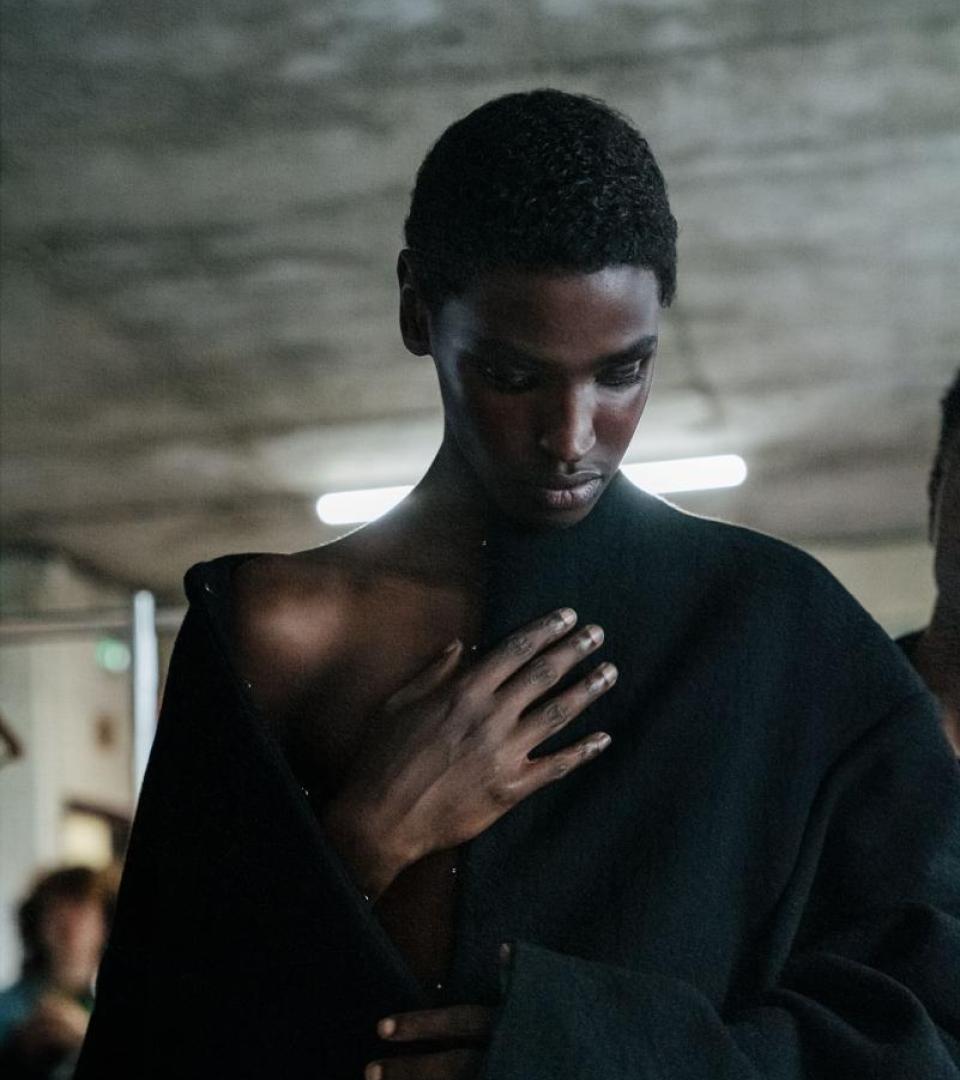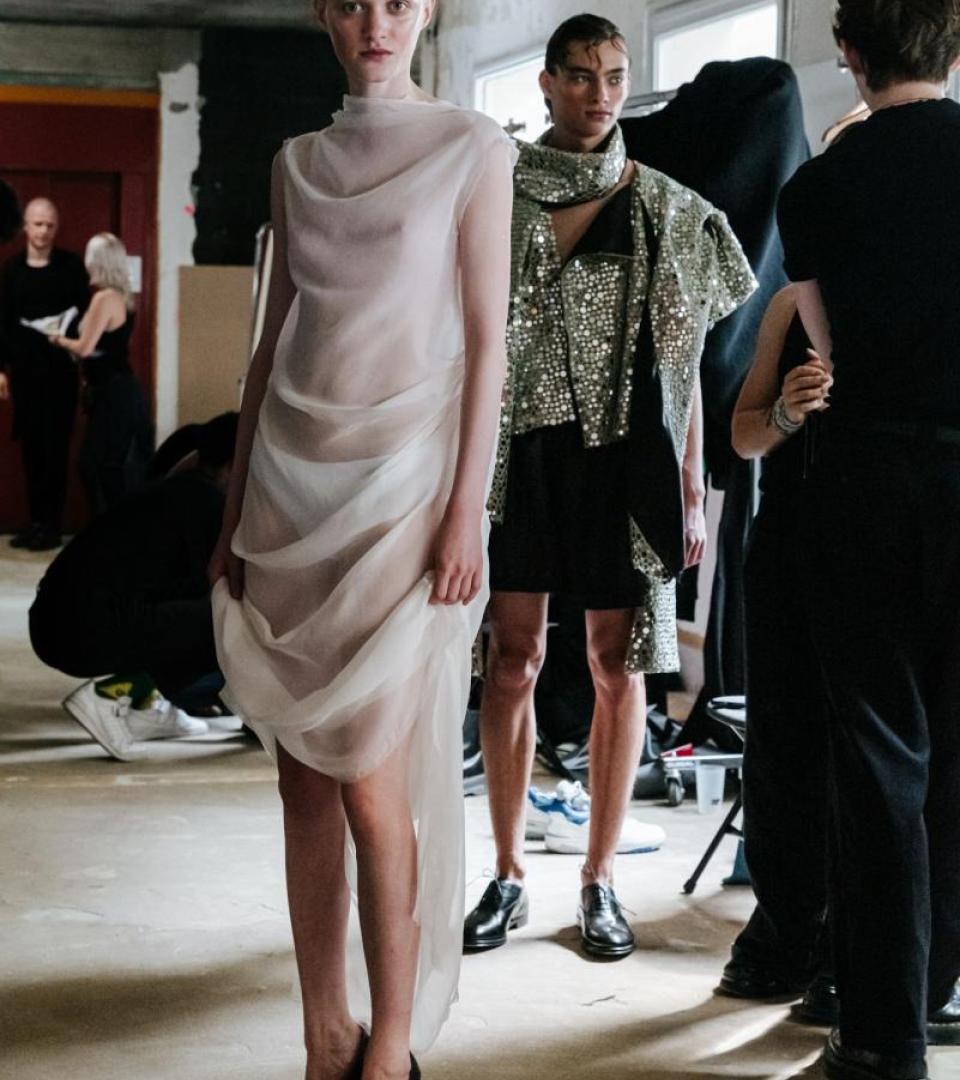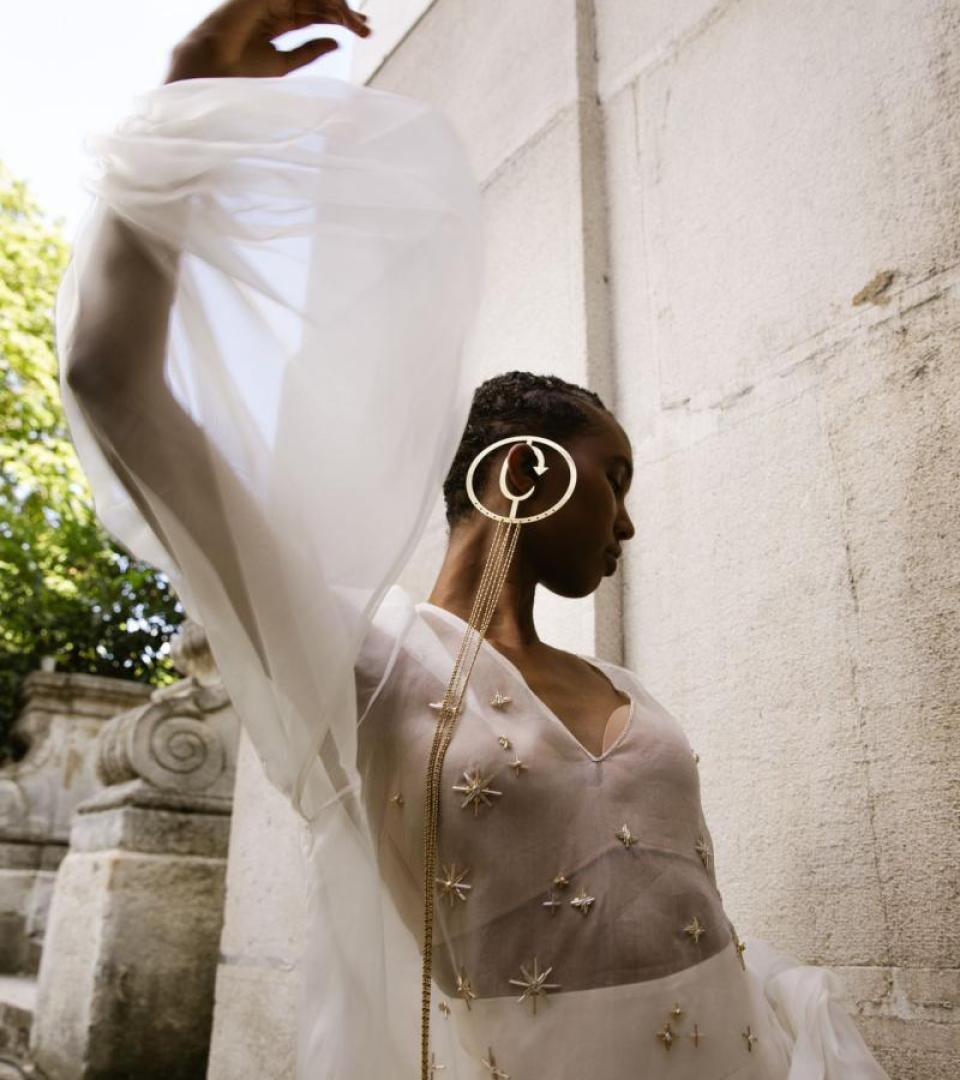What excites you in fashion right now?
Fashion itself! The way fashion is constantly renewing its creativity and exploring new territories. At IFM, I'm impressed by the passion our young designers demonstrate towards this profession and their ability to bring it to ever-renewed dimensions year after year.
What is one reason to be optimistic about the state of fashion going forward, especially concerning young people?
We've been receiving 30 percent more applications every year for the past three years for our fashion design courses at IFM, with profiles from all over the world coming from incredible backgrounds. Careers in design and management continue to attract and inspire the young generation, who wish to make a difference. This new generation uses design as a means of expressing their own sensibility, attracting ever larger communities of young people. I'm fascinated by fashion's ability to adapt to the times and embrace society as it is, amidst its transformations and crises.
Considering AI, do you think this might benefit fashion? What is the perception among young generations?
AI will definitely have an impact on fashion. At IFM, we encourage our students, including designers, to use AI to familiarise themselves with its uses. For the past two years, we've been asking our Masters students to use AI to create one look they feel is most representative of the latest Paris Fashion Week. The results are amazing, showing them both how difficult it is to use the prompt properly, and the strengths and weaknesses of AI as a generator of creative ideas. AI can facilitate and support many creative uses, but it will never replace the human hand, which is essential and at the heart of the creative process in fashion. I've noticed that young people at IFM are aware of this balance that needs to be found.
Who or what will drive the greatest change in fashion this year?
Of course, more needs to be done on sustainability, which is much talked about but not acted upon quickly enough because the issue is so complex. But creativity will always serve as the guiding force behind fashion, perpetuating its appeal and igniting desire.
What impact might you hope to have on fashion through your work?
At IFM, we train 1,300 students in craftsmanship, design and management. I'm fascinated by the shared passion that drives all these students, who come from 70 different countries, cultures and backgrounds. This creates a wealth of knowledge and an appetite for progress. Education has an incredible impact, and I'm well aware of our responsibility to train the young people who tomorrow will be running this industry, making a decisive contribution to its development.
Can you suggest a fashion mantra for '24?
Never give up
This interview has been lightly edited.



